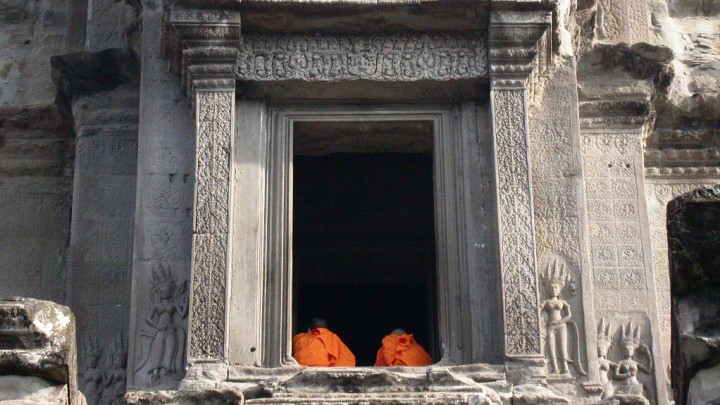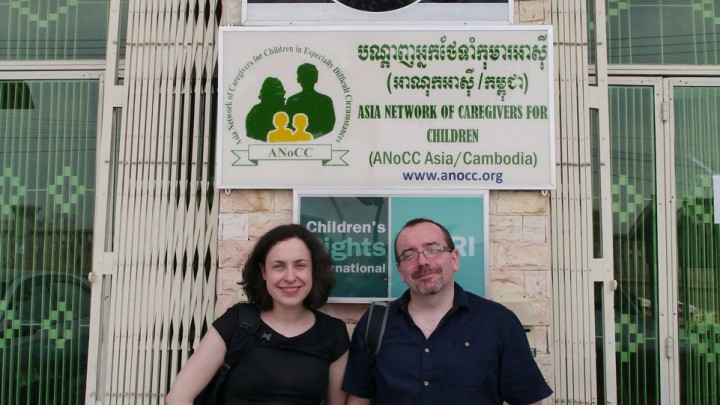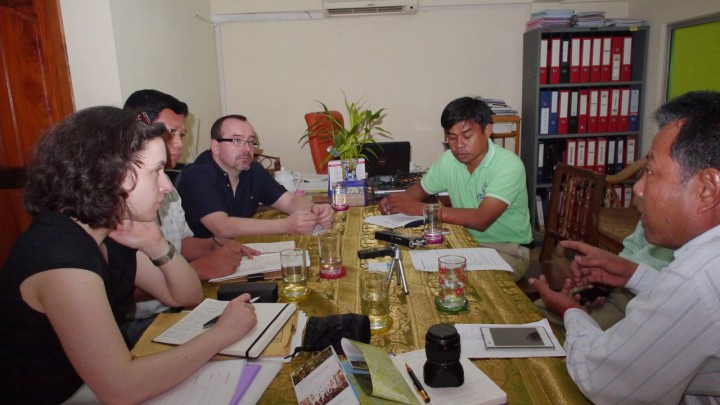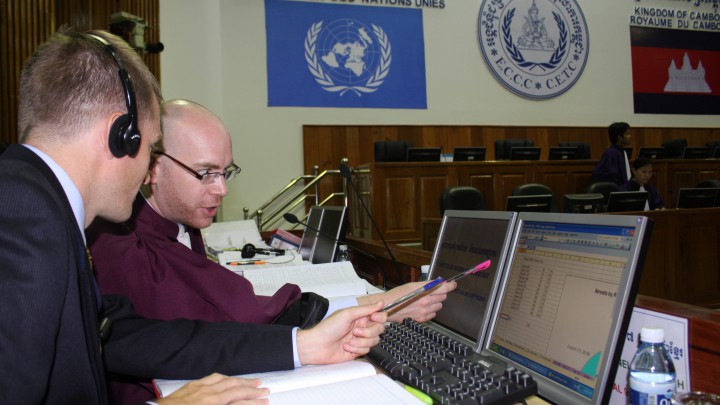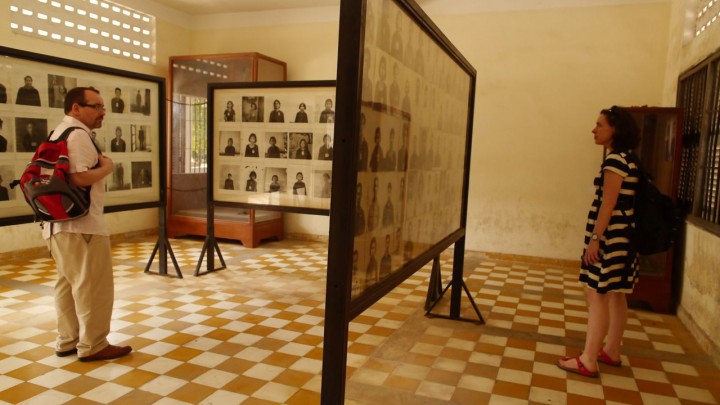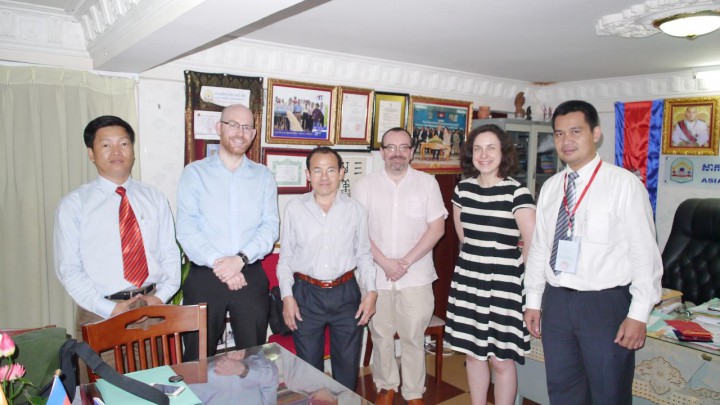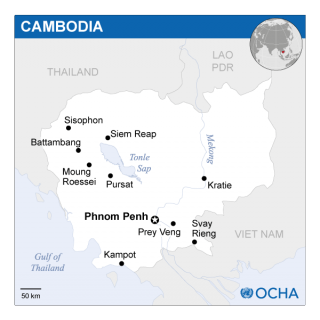Overview
The Khmer Rouge regime (1975-1979) was characterised by crimes of extreme violence, involving systematic country-wide extrajudicial executions, torture, slavery, and political, religious and cultural persecution. An estimated two million people, or more than twenty-five per cent of the 1975 population of seven million, perished. Lawyers and judges were among those who were systematically killed by the regime.
The regime gave way to an armed invasion and occupation by Vietnam which persisted until the UN-sponsored Paris Peace Accords of 1991. Throughout this period the legacy of the Khmer Rouge cast a dark shadow and it was not until 1998 that the last remnants of the regime formally surrendered.
We are interested in the varied experience of lawyers under French colonial rule, independence, the Vietnamese-Soviet justice system, and the more recent Hun Sen era.
In 2003, the Royal Cambodian Government and the United Nations agreed to create a ‘hybrid’ criminal tribunal based in Phnom Penh. The government of Cambodia insisted that the trials must be held in Cambodia using Cambodian staff and judges together with foreign personnel. The Extraordinary Chambers in the Courts of Cambodia (ECCC) emerged as a court involving both Cambodian and international judges and lawyers with the intention of applying international standards of justice. In addition to delivering justice for the crimes of the Khmer Rouge leaders, it was intended that the tribunal would help to build capacity within the local legal community.
Since the end of the Khmer Rouge regime, progress towards democracy and the rule of law has been painfully slow. Key contemporary issues and challenges include impunity, corruption, judicial independence and capacity, land reform, and freedom of expression.
Research Themes
- Legacy of the Khmer Rouge period on the legal community.
- Interaction of hybrid tribunals and international actors with local legal systems and lawyers.
- Role of lawyers in what the UN has described as a ‘limited democracy’ (widespread corruption, harassment, intimidation, political interference in legal profession, and uneven adherence to basic rule of law principles).
- Capacity of law to respond to mass atrocity.
- Role of human rights defenders in addressing contemporary human rights violations, including gender crimes, land grabbing and violations of freedom of expression.

